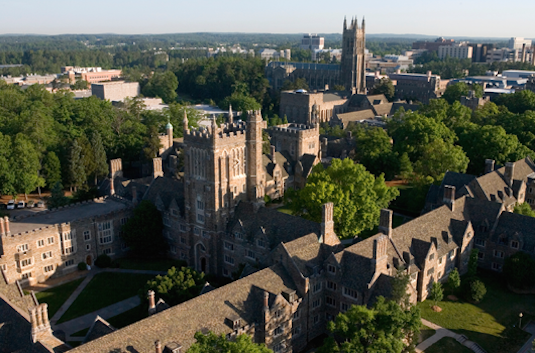Rethinking the Past and Future of (Im)migrant Integration

Research on immigrant integration during the early twentieth century has predominantly focused on the outcomes of white European immigrants, often neglecting the experiences of black migrants from the U.S. South and the Caribbean who settled in cities like New York. Indeed, few studies have examined whether immigrant integration was racially patterned during this period. Using complete count U.S. census data from 1910 to 1940, I show that the social and economic integration of black migrants markedly differed from those of white European immigrants. These findings add new insights into the prevailing narratives of immigrant integration during this era. I also highlight how black immigration has influenced contemporary disparities between black and white populations in the United States.







